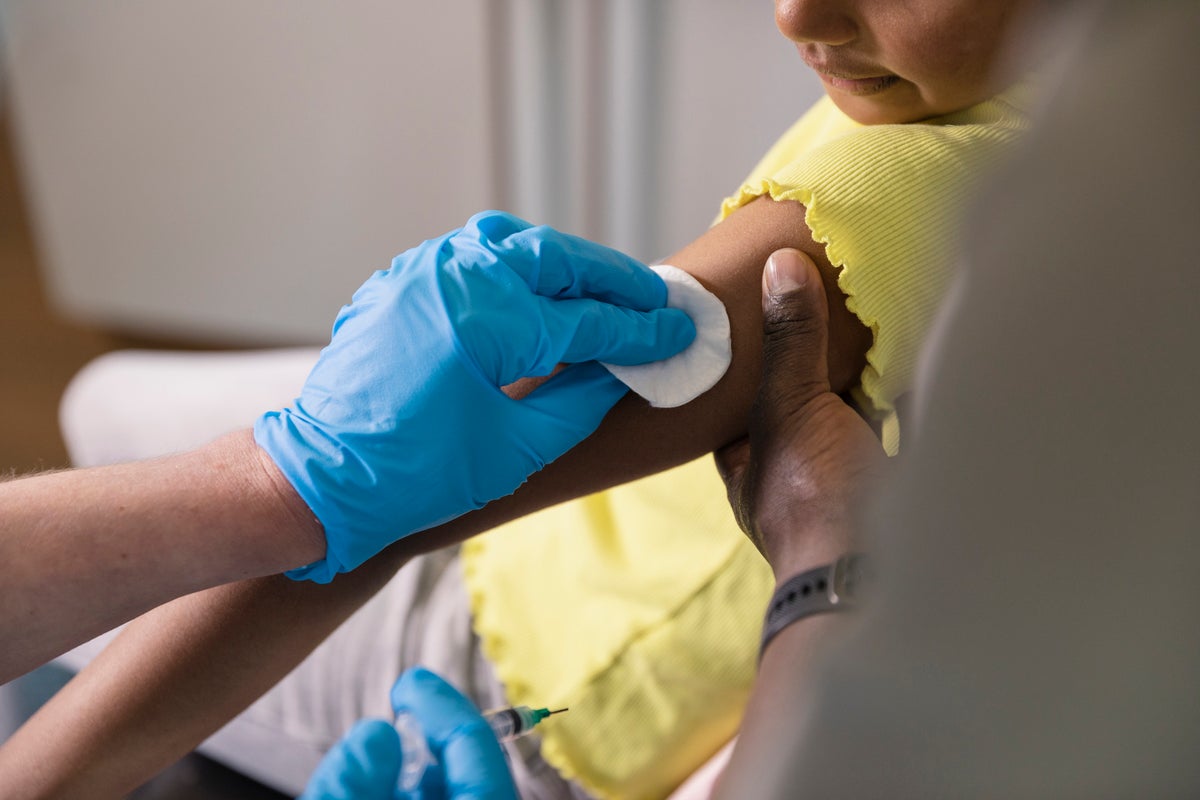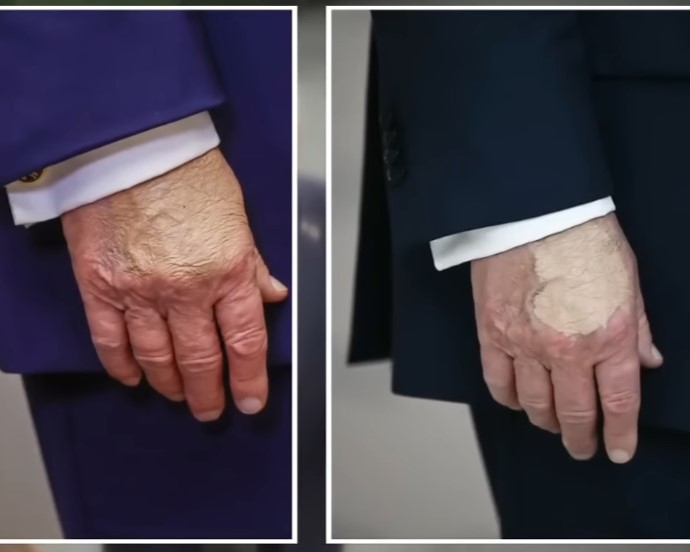Paul Rees, the new head of the United Kingdom’s Nursing and Midwifery Council (NMC), has acknowledged significant past failures in the organisation’s approach to investigating nurses accused of sexual assault outside of their professional duties. In a candid statement, Rees declared that the NMC had been “completely wrong” to not consider these allegations within its regulatory scope. This admission marks a turning point for the NMC, especially following a series of investigative reports by The Independent that highlighted instances of nurses with troubling histories being permitted to work within the National Health Service (NHS).
The NMC’s revised guidance on handling cases of sexual misconduct comes in response to calls for accountability after The Independent revealed that the organisation refused to investigate nurses accused of abuse, sexual assault, and domestic violence in their personal lives. As a result of this reporting, an independent inquiry led by Nazir Afzal KC was established, which sharply criticised the NMC’s previous leadership for its “wilful deafness to criticism.” This inquiry underscored a troubling pattern of resistance to whistleblower concerns.
In his first national interview since taking the helm, Mr. Rees expressed regret over a series of scandals and stated, “We have to be honest about things that have gone wrong. And things have gone wrong in the past.” He specifically acknowledged the NMC’s failure to promptly suspend psychiatric nurse John Iwuh, who was sentenced to 16 years in prison in July 2025 for rape and voyeurism. Iwuh was allowed to work with patients for an entire year after the NMC was first notified of a police investigation in 2022.
Rees pointed out that the previous guidance incorrectly suggested that misconduct outside of the workplace was beyond the NMC’s jurisdiction. “It should have been saying what you do outside of work is just as important as what you do at work,” he said. He expressed determination to address these challenges, acknowledging that substantial changes may take years to implement.
The NMC plays a crucial role in maintaining public trust in the NHS, alongside organisations like the General Medical Council, which oversees doctors, and the Care Quality Commission, responsible for overall NHS and social care oversight. Ensuring that patients can rely on the professionalism and integrity of healthcare providers is essential.
The NMC’s previous stance—that it was not concerned with nurses’ private lives—represented a serious breach of the standards expected from a regulatory body. This defensiveness in the face of scrutiny has been deemed unacceptable. The Independent’s ongoing investigations into the NMC and the broader issues within the NHS, particularly in maternity care, have repeatedly highlighted the need for a culture of openness. As former Health Secretary Jeremy Hunt has noted, a culture of safety necessitates transparency, honesty, and a commitment to learning.
Ten months into his tenure, Mr. Rees has initiated several necessary reforms at the NMC, including changes to the management team. Nevertheless, a whistleblower previously employed by the NMC has claimed that “the same defensive, dishonest culture” persists within the organisation. In response, a spokesperson for the NMC labelled these assertions as “simply incorrect.”
It is crucial that the NMC moves beyond past defensiveness and embraces constructive criticism. The trust of patients in the nurses caring for them hangs in the balance, making it imperative that the NMC successfully implements genuine reforms and fosters a culture of accountability and safety.







